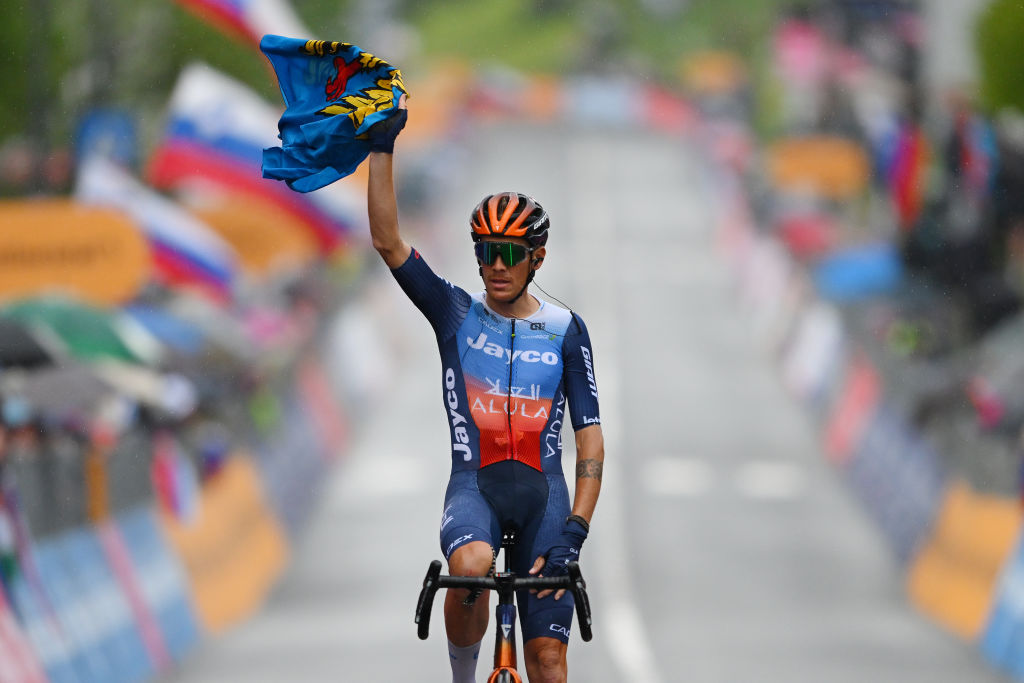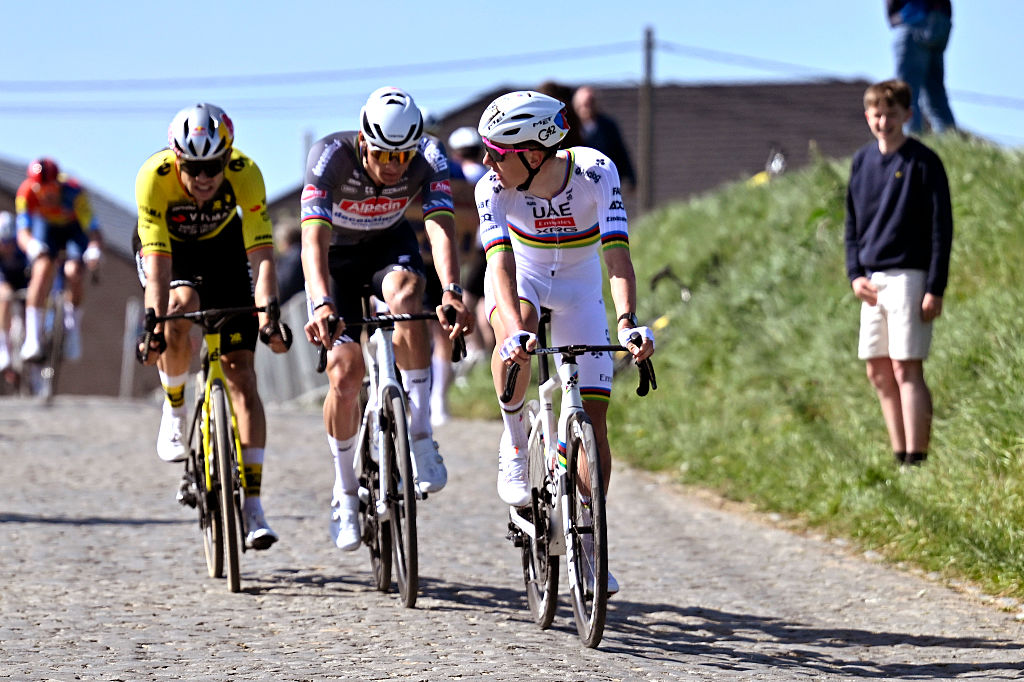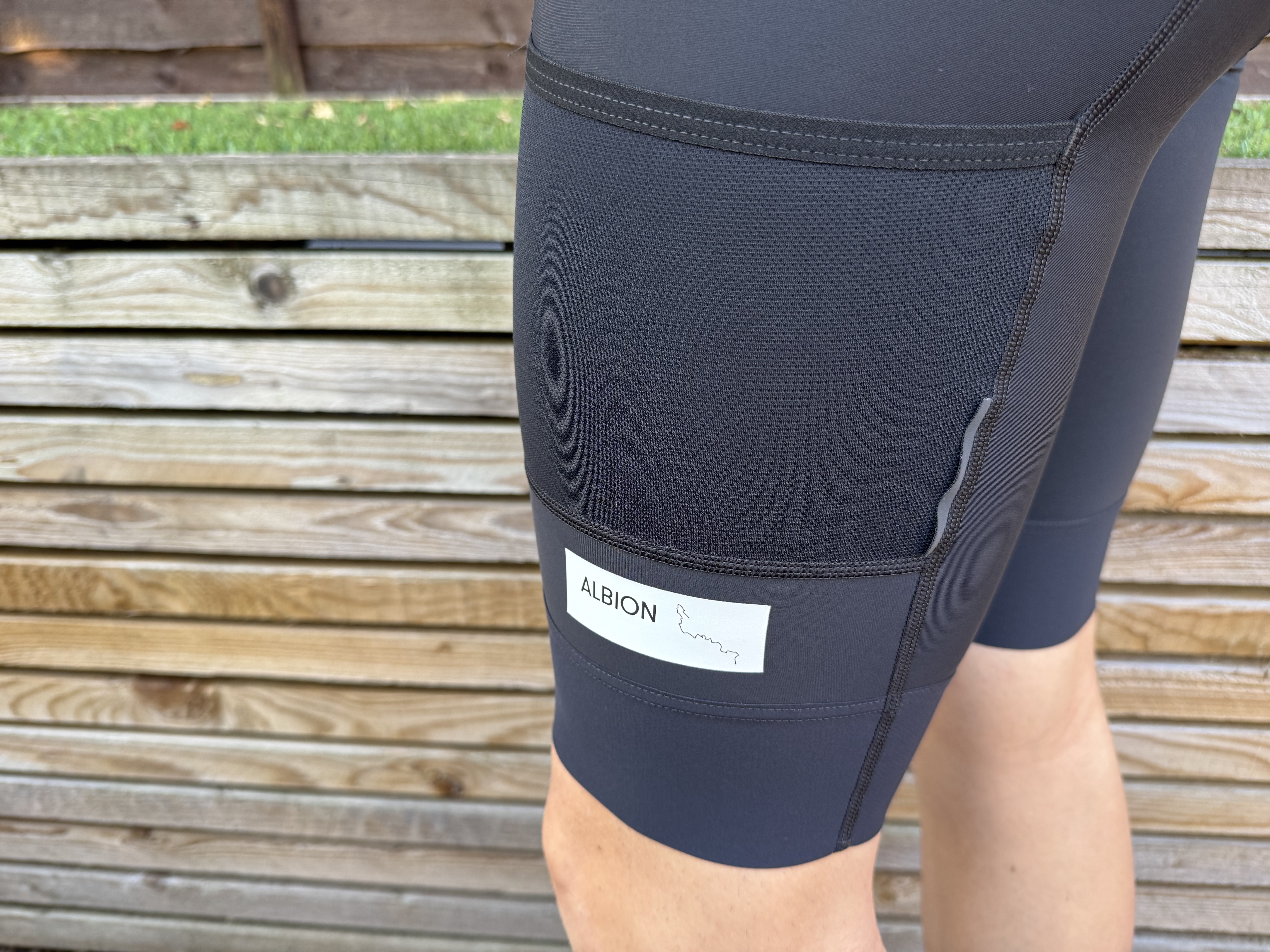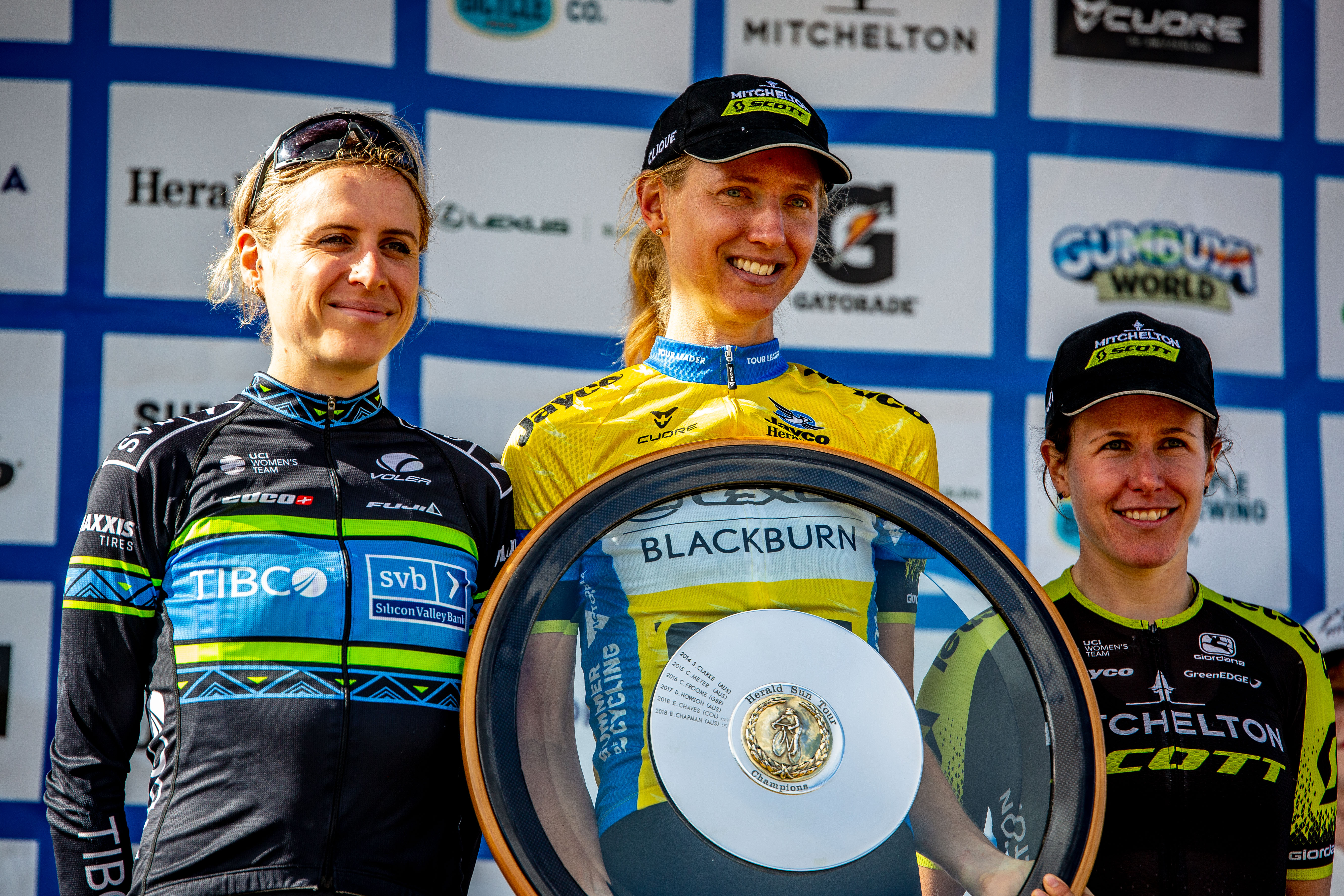2021 Gent-Wevelgem - Preview
Sprinters and puncheurs in with equal chances on versatile parcours
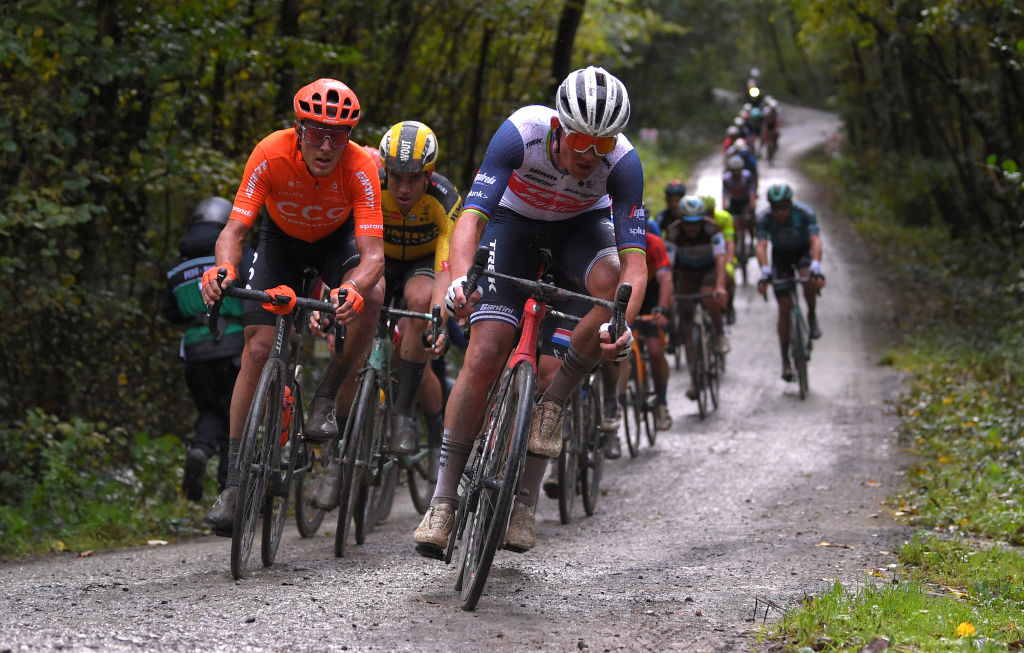
After the pandemic-enforced novelty of an October edition last season, Gent-Wevelgem is back where it belongs this year, returning to its familiar spring-time slot on the last Sunday before the Tour of Flanders.
Now into its 83rd edition having first been held in 1934, and at a brutal 232.5 kilometres in length, Gent-Wevelgem has all the hallmarks of a top Classic and is often one of the most entertaining races of the spring.
The secret to its appeal lies in the balance it strikes between sprinters and attackers. As Milan-San Remo becomes increasingly dominated by puncheurs, a case can be made for Gent-Wevelgem as the most-finely poised of all the major classics.
Over the past 10 years, exactly half have been decided by bunch sprints, with the other five editions ending in small group sprints in sizes ranging from two riders to nine, and once by a solo attacker (Peter Sagan in 2013). It had been thought the addition of so-called 'Plugstreets' gravel road sections in 2017 might make it a more selective race, but the pattern has continued with two races since ending in bunch sprints.
How strongly the wind blows across the race's many exposed roads can play a significant role in how the race unfolds, but above all, it's what happens on the third and final ascent of the iconic, devastating Kemmelberg climb that decides the outcome.
If a group of attackers can reach the top with enough of an advantage, then they can be confident of staying away until the finish; if not, the sprinters' teams will fancy their chances of bringing them back during the 34km run-in to the finish.
Contenders
Last year, Mads Pedersen (Trek-Segafredo) won from a nine-man breakaway, after the two favourites Mathieu van der Poel (Alpecin-Fenix) and Wout van Aert (Jumbo-Visma) effectively marked each other out of contention.
Pederson will be back to defend his title, but in the absence of Van der Poel all eyes will be on Van Aert. Everyone will want to follow his wheel should he attack, and nobody will want to take him to the finish for a sprint, but the Belgian is in such great form that he might be unstoppable regardless.
In the event of a sprint, Deceuninck-QuickStep have two great options in Davide Ballerini and Sam Bennett, who have both already used their kicks this season to win Omloop Het Nieuwsblad and Driedaagse Brugge-De Panne, respectively.
Former winners Alexander Kristoff (UAE Team Emirates) and John Degenkolb (Lotto Soudal) will both be riding, but the smarter money may be on the likes of Jasper Philipsen (Alpecin-Fenix), who was second behind Bennett at Driedaagse Brugge-De Panne, and Arnaud Démare (Groupama-FDJ), who's so well-suited to this race it's a surprise he hasn't already won it.
Pascal Ackermann (Bora-Hansgrohe), Cees Bol (Team DSM) and Giacomo Nizzolo (Qhubeka-Assos) will also be difficult to beat in a sprint should they survive the climbs.
The likes of Sep Vanmarcke (Israel Start-Up Nation), Anthony Turgis (Total Direct Energie) and AG2R-Citroën duo Greg Van Avermaet and Oliver Naesen would prefer a more selective race, while Michael Matthews (Team BikeExchange), Matteo Trentin (UAE Team Emirates) and Jasper Stuyven (Trek-Segafredo) could potentially win from either an attack or a sprint.
Route
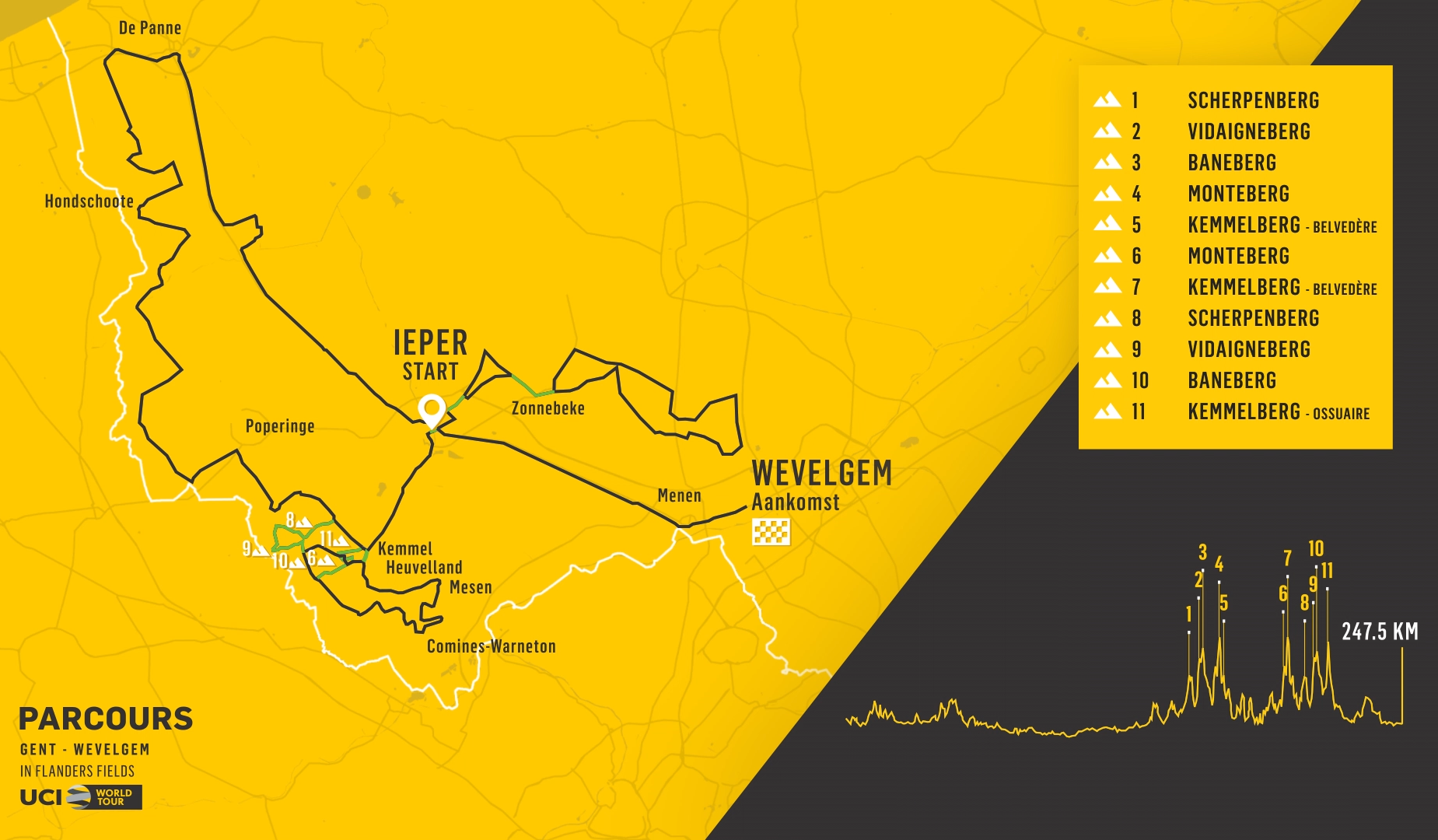
Beginning with a completely flat first half, the race gets going at the 130km mark with three climbs - the Scherpenberg, Vidaigneberg and Baneberg - in quick succession, followed by the first appearance of the Monteberg/Kemmelberg double-header.
Although there are over 30 kilometres between the first and the second ascents of these two climbs, the racing will remain intense as the riders take on the three plugstreets, which will also, as ever, pay homage to the victims of the First World War.
After cresting the Kemmelberg for the second time, the Scherpenberg, Vidaigneberg and Baneberg are all also tackled again, leading to the most pivotal moment of the race — the third and final ascent of the Kemmelberg, this time taken from its steeper western side.
From there, all that's left is a tense 34km run-in westwards to the finish in Wevelgem, where the fight will be on between whatever leading group has broken away, and whoever is still in contention in the chase behind.
Get The Leadout Newsletter
The latest race content, interviews, features, reviews and expert buying guides, direct to your inbox!
Stephen Puddicombe is a freelance writer based in Bristol. He has written for Cyclingnews since 2020, and has covered cycling professionally as a freelancer since 2013, writing for outlets such as Rouleur, Cycling Weekly and Cycle Sport, among other publications. He is the author of The World of the Tour de France, published by Sona Books. Outside of cycling he is a passionate cinephile, and a long-suffering Spurs fan.
Latest on Cyclingnews
-
'Change is not suffered, it is desired' – Alessandro De Marchi to retire at end of season after 15-year pro career
38-year-old Italian confirms decision to stop racing at end of 2025 but welcomes change -
'People who behave like that are not welcome' – Van Aert and Pogačar show solidarity with Mathieu van der Poel after bidon-throwing incident
'We want fans to be passionate, but there is no room for aggression or unwanted behaviour like we saw on Sunday' says world champion -
Albion ABR1 Pocket bib shorts review: Some great improvements to an already brilliant pair
Perfect for long days in the saddle, with an innovative tube pocket at the rear for stashing clothing -
Herald Sun Tour set to return in 2026 after five-year absence with Grace Brown as women's race director
Men's and women's events planned for February next year, details to be announced in coming weeks
